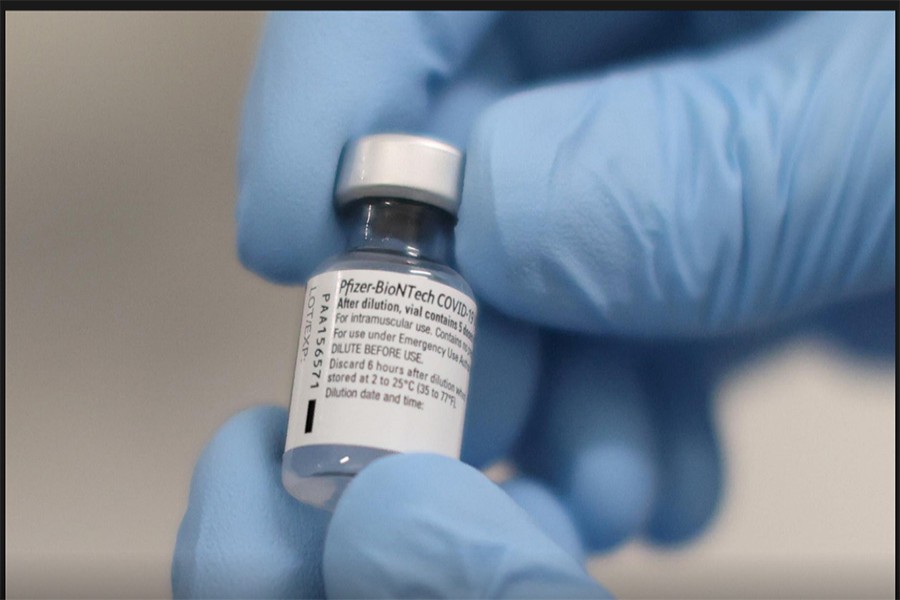
Published :
Updated :

German biotechnology company BioNTech SE said Monday it has chosen Singapore for its first regional hub in the Asia-Pacific region and will also set up a manufacturing facility in the city-state to produce mRNA-based vaccines.
The new mRNA plant will produce a range of novel mRNA vaccines and therapeutics for infectious diseases and cancer.
BioNTech plans to open its Singapore office and start construction of the manufacturing facility this year, with the plant expected to be operational as early as 2023.
The manufacturing facility, coming on the heels of the establishment of its U.S. headquarters last year, will help Southeast Asia speed up its response to future pandemic threats in the region.
"Having multiple nodes in our production network is an important strategic step in building out our global footprint and capabilities," said Ugur Sahin, chief executive office and co-founder of BioNTech.
"Singapore provides an excellent business climate, growing biotechnology industry and rich talent base," he said.
Singapore Trade and Industry Minister Chan Chun Sing said on his Facebook page that BioNTech's choice will "strengthen Singapore's position as a leading hub for biopharmaceutical manufacturing" and its position as a critical node within the global vaccine value chain.
This is the third major investment in Singapore by a global pharmaceutical company following announcements by U.S. firm Thermo Fisher Scientific Inc. and French pharmaceutical firm Sanofi in recent months.
In October last year, Thermo Fisher announced plans to develop a US$130 million facility in Singapore for the development and manufacture of therapies and vaccines.
Sanofi said in April this year that it plans to invest 400 million euros (US$487 million) over five years to set up a vaccine production center in Singapore to mainly supply the Asian region and complement existing manufacturing capacities in Europe and North America, reports UNB.


 For all latest news, follow The Financial Express Google News channel.
For all latest news, follow The Financial Express Google News channel.